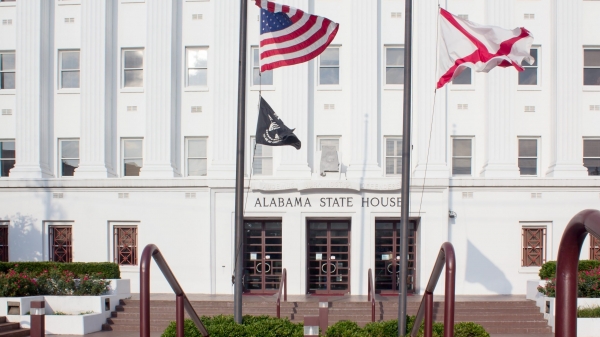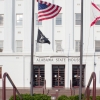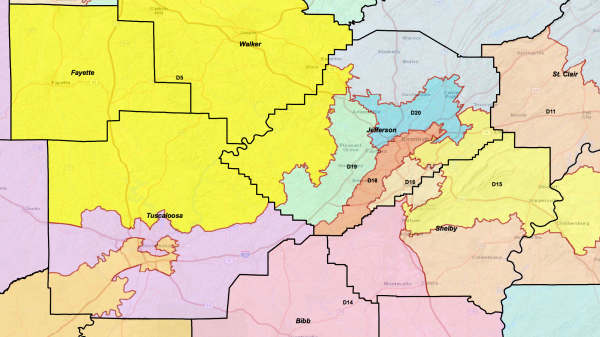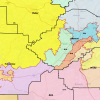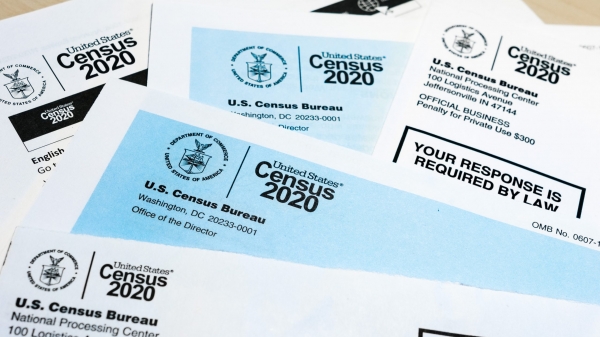By Rep. Jim McClendon (R – Springville)
A new era in Alabama’s road and highway safety began last week when the TTYL – which is textspeak for “Talk To You Later” – Act went into effect. This new and much needed law prohibits driving a vehicle on an Alabama highway or street while writing, sending or reading a text or email on a wireless device.
Those issued a citation for violating the law will receive a fine of $25 for the first violation, $50 for the second and $75 for a third or subsequent incident, along with a two-point violation on their driving record.
Before Republicans gained control of the Legislature, I sponsored this bill for several years without success, and it would likely remain unpassed today if Democrats were still in charge.
Many of my friends across the aisle told me they routinely killed the measure because their poor and low-income constituents could not afford to pay the fines and penalties associated with violating the law. My response to their concerns was simple – if they followed the law and avoided texting or emailing while behind the wheel, their constituents should not have to worry about paying the fines in the first place.
Luckily, Republicans took the majority in 2010 and the legislative leadership, along with my GOP colleagues in both houses, recognized the urgent need for this statute. I was eventually able to persuade several Democrats to support its passage, as well.
Several lawmakers offered their support when they learned that almost half of the young drivers under the age of 20 admitted to operating an automobile while distracted, and as much as 21 percent of fatal crashes involving teenagers each year are attributed to texting, emailing or engaging in similar actions while driving.
But the problem cannot be attributed solely to young and inexperienced drivers as millions of adults who are well aware of the dangers continue to text and email behind the wheel, especially while commuting on Alabama’s Interstate system. With the average text taking a driver’s eyes of the road for roughly five seconds, which is long enough for a car traveling at 55 miles per hour to cover the length of a football field, at any given moment our roadways are filled with what amounts to uncontrolled missiles.
Most drivers would never consider getting behind the wheel of a car and driving while drunk, so the results of a Car & Driver Magazine study should be nothing less than startling. An editor for the publication drove on a deserted air strip at 70 miles per hour and applied the brakes at a predetermined spot for several runs, which took about a half-second to stop in the control situation.
Driving the same route and stopping at the same spot while legally intoxicated added four feet to his braking distance, but reading an email added 36 feet and sending a text added 70 feet.
Some attempt to justify distracted driving by saying today’s increasingly competitive job market and our technology-savvy society demand constant multi-tasking, even when on the road. Those arguments ring hollow, however, when you consider the work hours lost due to filing reports, treating injuries and dealing with the other myriad results of the accidents that will inevitably occur.
Simply put, texting while driving is a dangerous proposition, and with enactment of this law, it could become an expensive one, too, for chronic transgressors.
So, the next time a text comes in while behind the wheel, remember to either “pull it over or put it down.” The life you save may just be your own.
Rep. Jim McClendon, a Republican representing portions of St. Clair and Shelby counties in the Alabama House, is currently serving his third term as a member of the Legislature and sponsored the TTYL Act. He chairs the House Health Committee, co-chairs the Joint Legislative Committee on Reapportionment and serves as vice chair of the Technology and Research Committee.















































